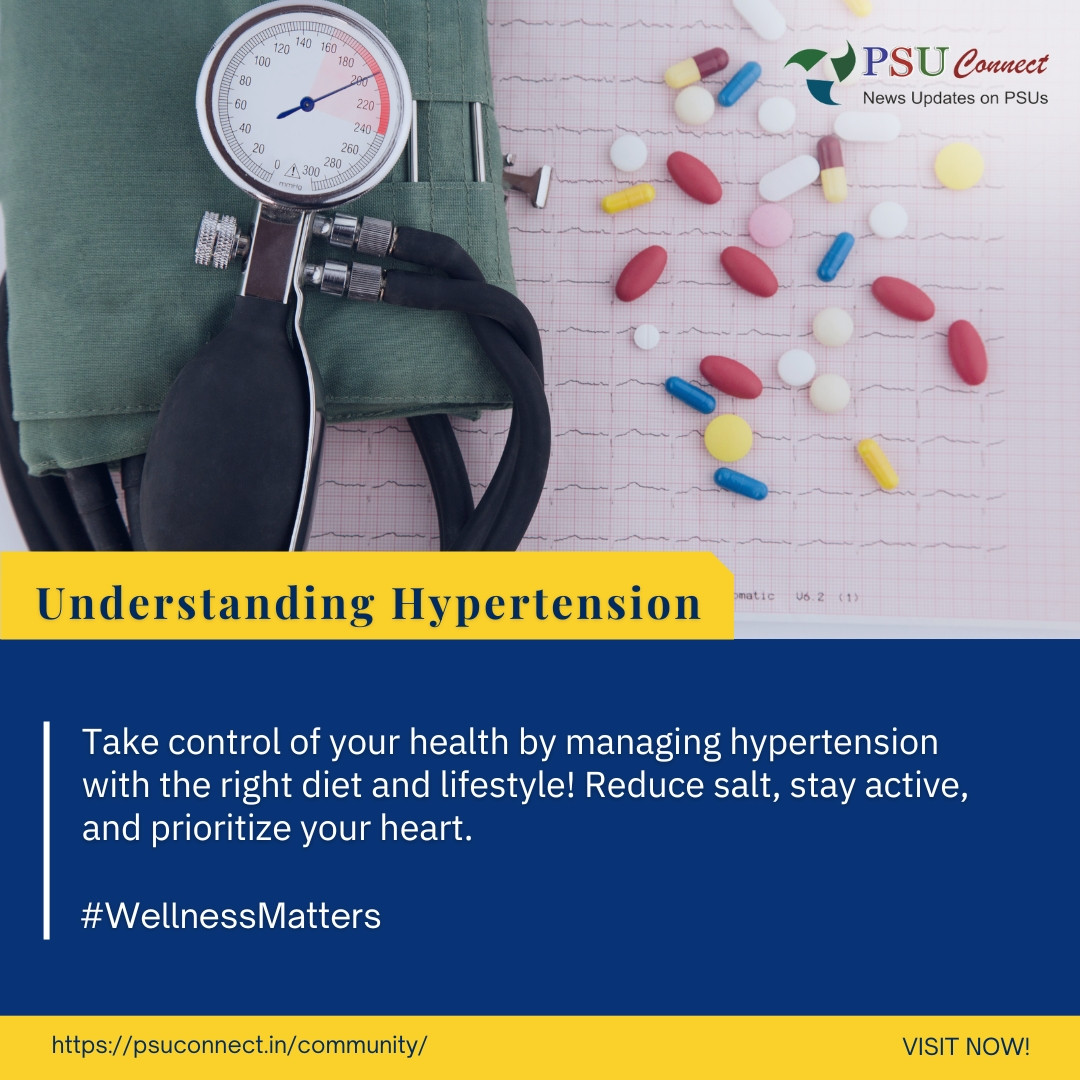Understanding Hypertension: A Guide to Healthy Living
Small changes can significantly contribute to a healthier tomorrow.
Hypertension, commonly known as high blood pressure, is a condition where the force of the blood against the walls of your arteries is consistently too high. If left unmanaged, it can lead to severe health problems such as heart disease, stroke, and kidney failure. This guide focuses on empowering individuals to understand hypertension and adopt sustainable lifestyle changes that promote long-term health.
1. What is #hypertension?
Definition: Hypertension is diagnosed when blood pressure readings are consistently above 120/80 mmHg.
Types:
Primary Hypertension: Develops over time with no identifiable cause.
Secondary Hypertension: Results from underlying conditions like kidney issues, hormonal disorders, or certain medications.
Symptoms: Often called the "silent killer," as it typically has no noticeable symptoms until complications arise.
2. The Risks of Untreated Hypertension
Heart Health: Increased risk of heart attack, heart failure, and aneurysms.
Brain Health: Major contributor to strokes and cognitive decline.
Kidneys: Can cause chronic kidney disease or worsen existing conditions.
Eyes: Damage to blood vessels can lead to vision loss.
3. Small Lifestyle Changes That Make a Big Impact
Making incremental adjustments to daily habits can significantly reduce blood pressure and improve overall health:
Dietary Adjustments:
Follow the #dash diet (Dietary Approaches to Stop Hypertension): Focus on fruits, vegetables, whole grains, lean proteins, and low-fat dairy.
Reduce sodium intake to less than 2,300 mg/day (ideally 1,500 mg for those at higher risk).
Limit saturated fats and added sugars.
Regular Physical Activity:
Engage in moderate aerobic activities like walking, cycling, or swimming for at least 150 minutes per week.
Incorporate strength training exercises twice a week.
Stress Management:
Practice mindfulness techniques such as meditation, deep breathing, or yoga.
Set realistic goals and prioritize self-care to manage stress levels.
Healthy Weight Management:
Losing even 5-10% of body weight can significantly lower blood pressure.
Combine a balanced diet with exercise for sustainable results.
Smoking and Alcohol:
Quit smoking to improve cardiovascular health.
Limit alcohol consumption to moderate levels (1 drink/day for women, 2 drinks/day for men).
4. Monitor Your Blood Pressure Regularly
Home Monitoring: Use a reliable blood pressure monitor and track readings consistently.
Regular Checkups: Visit your healthcare provider for comprehensive evaluations and personalized recommendations.
5. Medications and Professional Guidance
For individuals with persistently high blood pressure despite lifestyle changes, medications may be necessary. Always consult a healthcare provider to determine the most effective treatment plan.
#community #guide
